Controversial issues
History is not an easy subject as it is full of contradictions and challenging situations. It requires children to look at how people responded to complicated dilemmas. It also requires them to consider motivation. Looking at what people did in the past children to make links with present events. It requires children to evaluate the history of their own country and how it has interacted with other people. Read more
Sort by:
Date (Newest first) | Title A-Z
Show:
All |
Articles |
Podcasts |
Multipage Articles
-
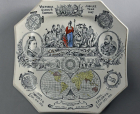
Teaching the British Empire in primary history
ArticleClick to view -

Podcast Series: Confronting Controversial History
Multipage ArticleClick to view -
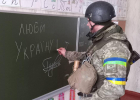
Teaching about the Russian invasion of Ukraine and events happening there
ArticleClick to view -

Exploring empire, artefacts and local history
ArticleClick to view -

One of my favourite history places: the West Riding Pauper Lunatic Asylum
ArticleClick to view -

History in the news: George Floyd protest in Bristol – Colston statue toppled
ArticleClick to view -

Migration to Britain through time
ArticleClick to view -
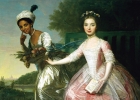
Teaching sensitive subjects: slavery and Britain’s role in the trade
ArticleClick to view -

Writing books for young children about the First World War
ArticleClick to view -
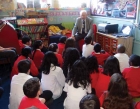
Is There a Place for The Holocaust in the Primary Curriculum?
ArticleClick to view -

Ideas for Assemblies: Refugee stories
ArticleClick to view -

Primary history and British values
ArticleClick to view -
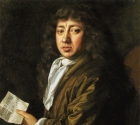
KS1: Teaching about significant individuals
ArticleClick to view -

From Home to the Front: World War I
ArticleClick to view -

Early Islamic civilisation
ArticleClick to view -

Assessment and Progression without levels
ArticleClick to view -
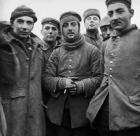
Ideas for Assemblies: Lest we forget
ArticleClick to view -

Eweka's story: Benin and Big Picture History
ArticleClick to view -
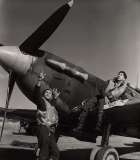
T.E.A.C.H Online
Multipage ArticleClick to view -

Is teaching about the Holocaust suitable for primary aged children?
ArticleClick to view

